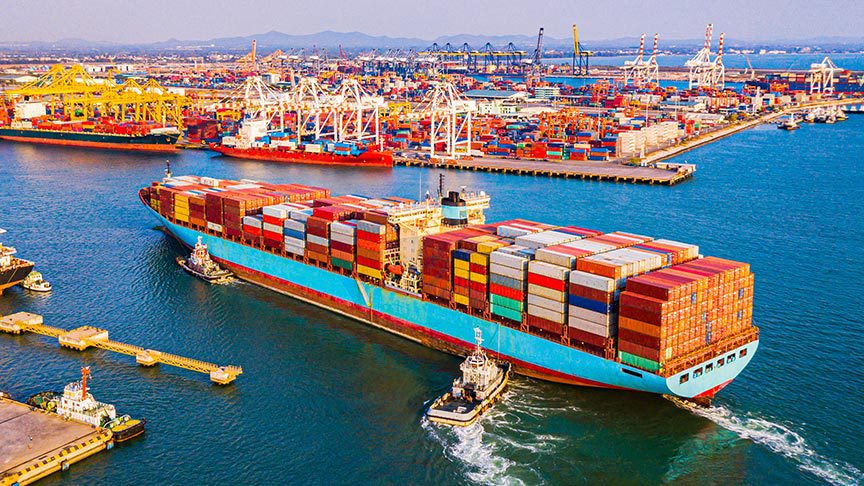EXW - Ex Works
The seller fulfills the obligation to deliver when he has made the goods available at his premises (i.e., works, factory, warehouse, etc.) to the buyer. In particular, the seller is not responsible for loading the goods on the vehicle provided by the buyer or for clearing the goods for export, unless otherwise agreed. The buyer bears all costs and risks involved in taking the goods from the seller's premises to the desired destination. This term thus represents the minimum obligation for the seller. Term applies to all modes of transport.
Risk transfers to buyer when:
Goods are made available to the buyer at seller's premises.
NOTE: If buyer is unable to clear the goods for export because they do not have a presence in the originating country, or are still responsible for export filings, a different term should be used; consider using FCA in this scenario.
FCA – Free Carrier
(named place)
The seller delivers the goods to the buyer’s nominated carrier at the named place; typically seller’s factory or warehouse. Seller is responsible for loading the carrier picking up the cargo and for performing the Export Clearance. Term applies to all modes of transport.
Risk transfers to buyer when:
Goods are handed over to the first carrier at the named place.
NOTE: This term should be used if buyer wants to arrange all carriage and handling but cannot act as Exporter of Record in originating country.
CPT – Carriage Paid To
(named place of destination)
The seller must pay for carriage of the freight to the named point of destination. Risk passes when the goods are handed over to the first carrier. Term applies to all modes of transport.
Risk transfers to buyer when:
Seller assumes all risks of loss or damage to the goods until they have been delivered to the (first) carrier at the place of shipment, within the agreed-upon time stipulated in the sales contract.
CIP – Carriage and Insurance Paid to
(named place of destination)
Seller pays for carriage and insurance to the named destination point, but risk passes when the goods are handed over to the first carrier. The seller is obligated, at its own cost, to obtain cargo insurance complying with the coverage provided by Clauses (A) of the Institute Cargo Clauses (LMA/IUA) or any similar clauses as appropriate to the means of transport used. Term applies to all modes of transport.
Risk transfers to buyer when:
Goods are handed over to the first carrier. Seller is responsible for “all risks” insurance coverage.
DAP – Delivered at Place
The seller bears all transport costs and the risk up to delivery. "Delivery" takes place when the goods are at the disposal of the buyer on the arriving means of transport, ready for unloading at the named place of destination. Term applies to all modes of transport.
Risk transfers to buyer when:
Goods are placed at the disposal of the buyer, ready for unloading at the named destination.
DPU – Delivered at Place Unloaded (Named Destination Place)
The seller bears all transportation costs and the risk up to when goods are unloaded, typically at buyer’s facility. The seller must unload the goods from the arriving means of transport and must then deliver them by placing them at the disposal of the buyer at the agreed point. Term applies to all modes of transport.
Risk transfers to buyer when:
Goods are unloaded at the buyer’s named destination.
DDP – Delivered Duty Paid
(named destination place)
The seller pays for all transportation costs and bears all risk until the goods have been delivered. Seller pays the duty and is the “importer of record” in the buyer’s country. Term applies to all modes of transport.
Risk transfers to buyer when:
Goods have been delivered at the named destination place, not unloaded from the arriving means of transport.
NOTE: If seller is unable to act as Importer of Record in destination country, this term should not be used; consider DPU or DAP in this scenario.
